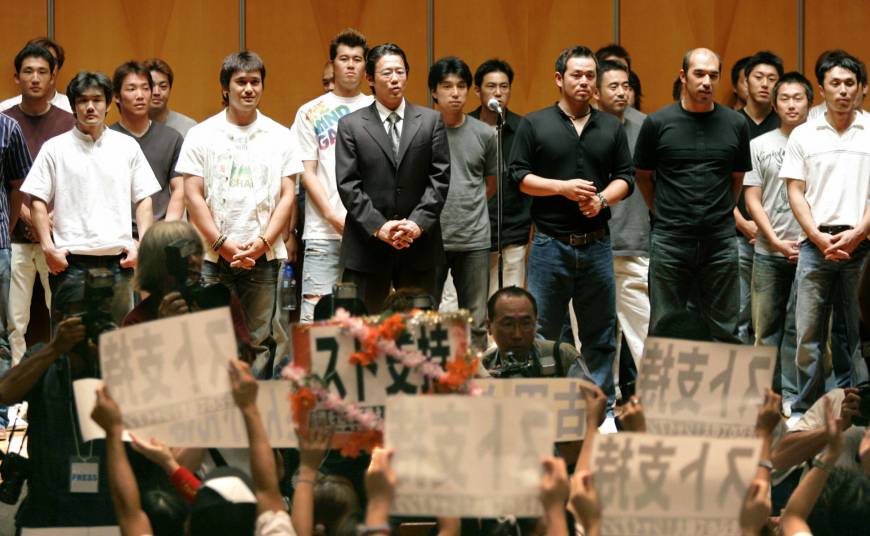The seniors I teach at Sagami Women’s University have already handed in their final dissertations and now await graduation in March. You can feel that a heavy burden has been lifted from their shoulders: “My friends and I are going to Fiji for our graduation trip”; “I’ve already reserved the traditional gown I’m going to wear to the graduation ceremony.”
In April they will go out into the world as shakaijin, or full-fledged adult members of society. As I’ve mentioned before, graduation and finding employment are seen as a single event in Japan. Students at university weigh up their strengths and interests, research the industry they aspire to join, perhaps do an internship, and then apply and interview for jobs. This whole process is called shūkatsu.
If an employer says they want you to start next April, then that is effectively an official promise of employment, or naitei. In a previous column, I explained that the employer is, in a sense, legally bound by the naitei, but today I would like to discuss the obligations of the prospective employee.
All of my current students have already received their naitei from assumed future employers. Many companies insist that students affix their personal seal to a written pledge to work for them.








